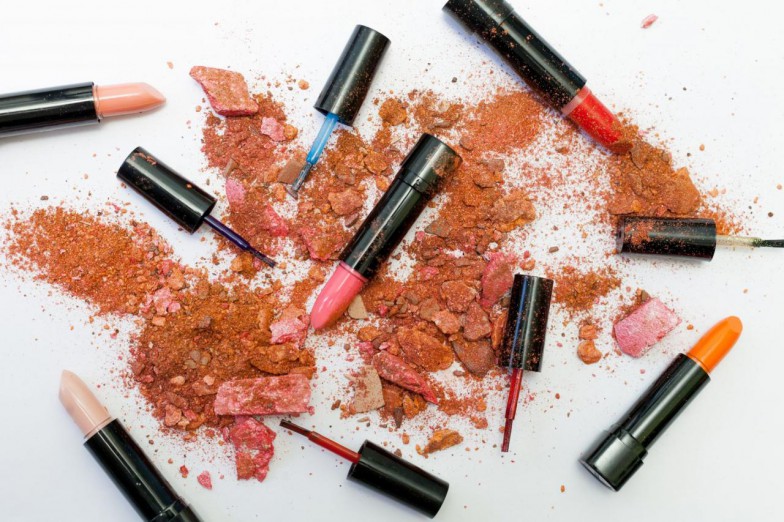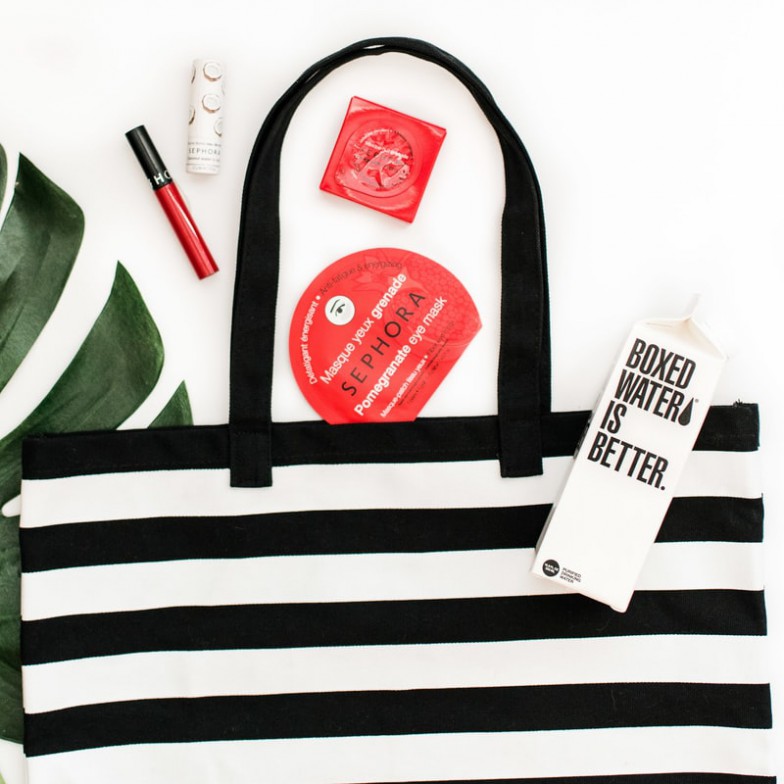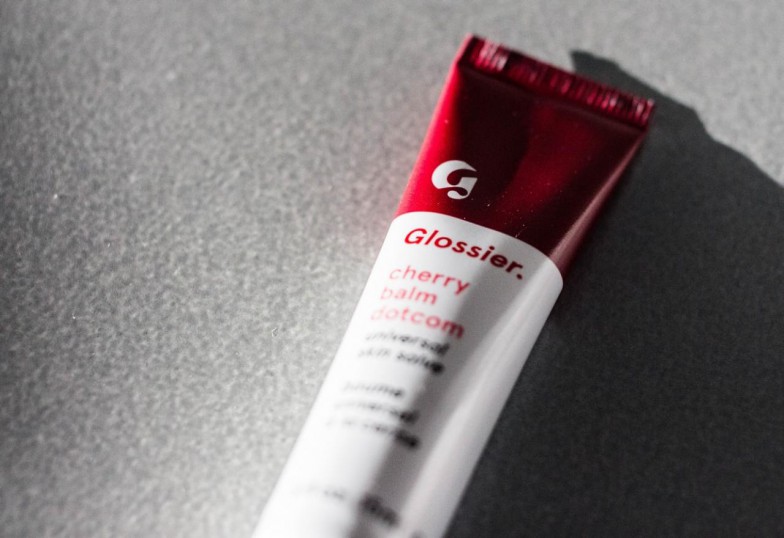
5 beauty brands who are committed to change post-pandemic
The past year has undoubtedly served as a catalyst for change, and these beauty brands really took the initiative in the wake of the pandemic.
Between a global pandemic and a civil rights movement that galvanized the world, influential brands that we use in our daily routines were no longer able to stay silent on pressing issues.

From equality and diversity to sustainability, 2020 has opened up important conversations about life. Which beauty brands are actually stepping up and showing their commitment to doing more than just posting vague statements on social media?
Here are power players, both big and small, within the industry who impressed us with their impassioned pleas to enact real and genuine change moving forward.
Sephora
LVMH-owned Sephora made major waves in the industry when they announced that they had signed up for fashion designer Aurora James’ 15% pledge. Back in June, the beauty mecca confirmed that as part of the initiative, 15% of its shelf space would be dedicated to black-owned brands. As part of the commitment, Sephora announced that they would create an advisory group with James and other beauty leaders of color to hold the retailer accountable.
During lockdown, Sephora also created a Project Care program which saw self-care products being distributed to over 65 thousand frontline health care workers and those dealing with domestic violence across the U.S.

Glossier
After Black Lives Matter protests took place all over the world, Emily Weiss’ beloved millennial and Gen Z-focused beauty company Glossier, was one of the first leaders to put their money where their mouth was. The brand announced that they would immediately donate $500 thousand to organizations fighting racial injustice. A further $500 thousand was pledged in the form of grants to support black-owned beauty businesses.

Estée Lauder
The legacy beauty company announced in March that they would reopen a manufacturing facility in New York to mass produce hand sanitizer for first responders. At the time, supplies were in short supply so the move was widely applauded. (Other brands like L’Oreal, Guerlain and Garnier also followed suit.)
In the wake of protests across America, the company announced they would partner with the NAACP Legal Defense and Educational Fund in a bid “to learn and grow.” Estee Lauder also pledged that they would match employee donations to organizations fighting racial injustice up to the sum of $3 million.
Aveda
During lockdown, as salons were forced to shut their doors, Aveda launched a $1.5 million relief fund for hairstylists and businesses struggling financially. The company also launched free virtual education forums to foster support and community for those out of work in the haircare industry.
The company also pledged to provide grants to nonprofits and grassroot organizations supporting the black community and announced a series of monthly internal education workshops to engage staff on topics of discrimation.
Farmacy
Despite being a relatively-small, indie brand, Farmacy launched a substantial Feeding America donation page and raised over $14 thousand— which they matched with a company donation. The brand also donated 10 thousand meals per day for a month. On Juneteenth, the brand also donated 100% of proceeds to the non-profit organization, Black Visions Collective.






